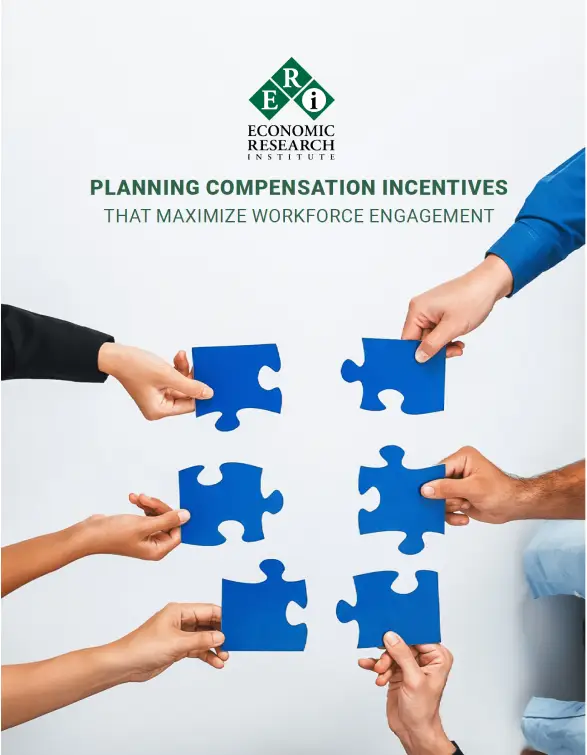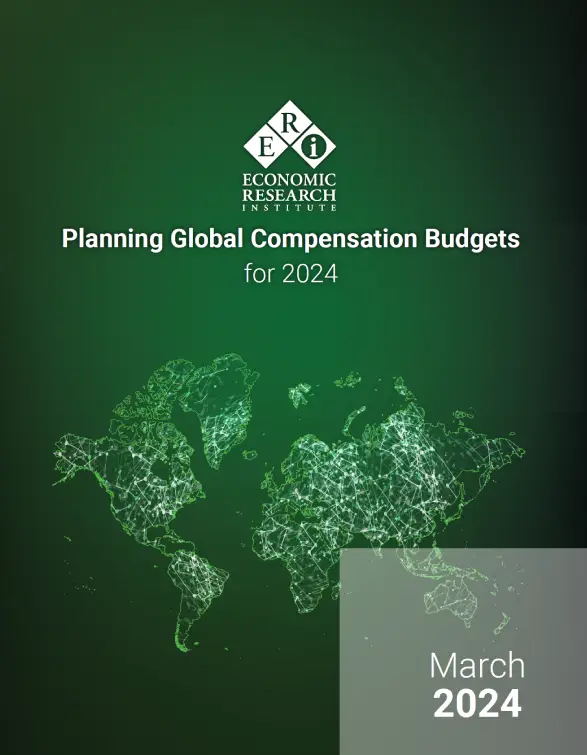The increase in the number of short–term assignments (STSs) continues to allow flexibility and adaptability in supporting business objectives for a growing number of organizations both domestically and globally. Estimating the costs and understanding the benefits of STAs usually falls to HR and mobility professionals. Housing expenses are typically the largest component and a key issue in measuring ROI for limited length assignments. Whether implementing a direct reimbursement system or calculating a lump sum payment, professionals need accurate housing data to provide management with defensible budgets. Best practices should include the evaluation of serviced apartments or corporate housing as an alternative to extended hotel stays for assignments over ten days in length.
There are two primary types of serviced apartments to evaluate: extended stay (aparthotels) and corporate housing. Aparthotels are commonly located in and around city centers and large business parks. Many locations offer a wide range of pricing from budget to super deluxe. These accommodations typically feature several bedrooms, a separate living area, a kitchen and one or more bathrooms. It is common for a 24-hour reception area to be available for guests, and concierge services may be provided. Corporate housing usually consists of upgraded residential properties designed for 30-day plus stays. Services such as cleaning, utility bills, local taxes, phone and cable bills are often included in the price. In many locations, taxes designed to target tourists and under 30-day business trips do not apply to either of these accommodations.
Shorter-lease, non-serviced apartments may also be considered; however, the guest will not receive cleaning services, bed linen laundering or towel changes. Utilities may or may not be included.
Booking serviced apartments or corporate housing is somewhat more complicated than making a hotel reservation. Usually a security deposit is required, and arrangements for surcharges, such as internet and parking, may apply. Cancellation fees may apply. Amenities such as reception services, pool and fitness facilities and a laundry service may be included or offered at extra costs.
The pricing advantages to companies of using serviced housing rather than hotels may include the following:
- Minimizing the hidden extra costs, like minibar use, room service charges and daily internet changes and parking fees.
- In many locations, taxes are lower for longer-term stays. For example, in the UK, the VAT is only 4% for a stay of 28 days or more.
- Reduced per night rates for stays of longer than seven nights and further reductions after 30 nights.
- It is cost effective to have colleagues sharing a larger single unit. A two-bedroom/two-bath apartment is frequently much less expensive than two one-bedroom units.
There are also advantages to employees. They may enjoy more room and a homey feeling offered in this class of temporary housing. Most aparthotels and corporate housing offer more privacy than hotels. They have fewer units and smaller (if any) public areas. A fully equipped kitchen offers the flexibility to eat in or out and many units include the convenience of a washer/dryer.
The Relocation Assessor software currently includes Per Diems for Lodging and Meals using data from the Department of State and the Defense Department for federal workers and contractors. These figures are constructed to reimburse employees for hotel and restaurant costs. To strengthen STA budgeting, ERI Economic Research Institute is developing data sets which include pricing for short-term, serviced housing in locations where temporary assignments are prevalent.



